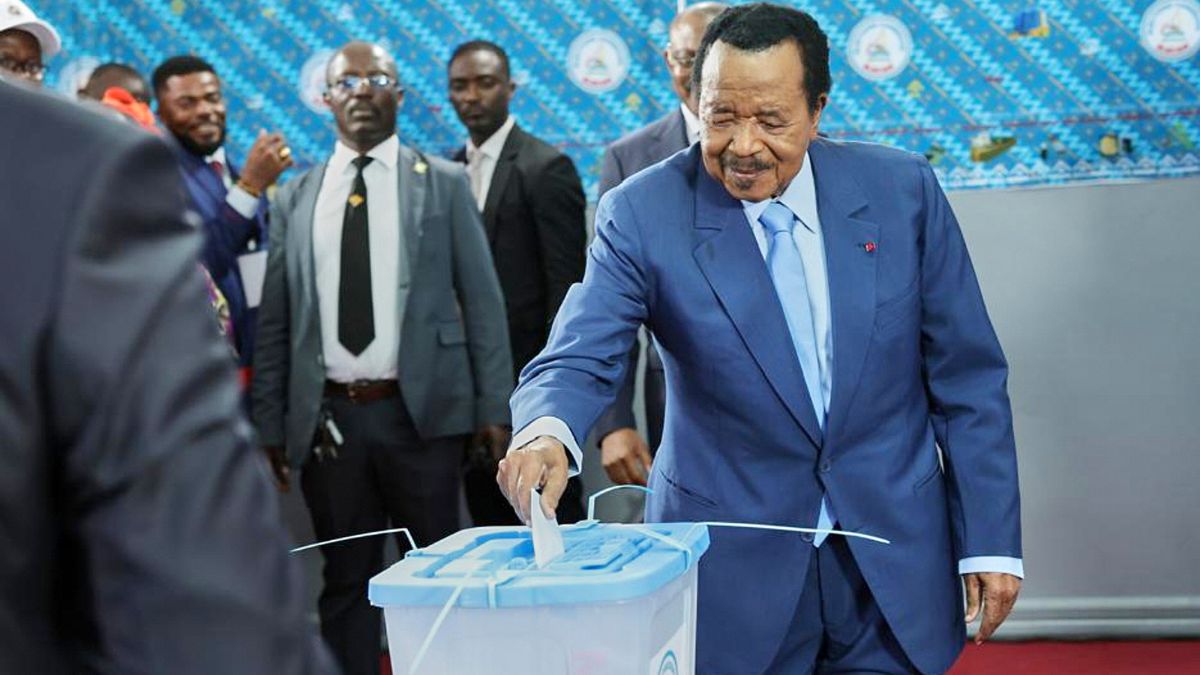Africa is a continent of young people, yet it remains dominated by leaders who have long outlived the populations they govern.
On Monday, Cameroon made global headlines when 92-year-old President Paul Biya was declared reelected for another seven-year term, sparking unrest in a country where more than 70% of citizens are under 35 — most of whom weren’t even born when Biya first took office in 1982.
According to a Washington Post report, the pattern repeats across Africa.
Biya, already the world’s oldest head of state, could approach 100 if he completes his eighth term.
Togo’s president is 86, Malawi’s 85, and the Ivory Coast’s 83. The continent’s youthfulness — Africa has the world’s youngest median age — clashes sharply with this gerontocracy, creating a volatile political landscape.
Biya exemplifies the classic African “Big Man”: a charismatic, autocratic leader who clings to power through a mix of patronage, largesse, and intimidation.
Other current Big Men include Uganda’s Yoweri Museveni, 81, seeking reelection next year; Denis Sassou Nguesso of the Republic of Congo, 81, in power for more than four decades; Eritrea’s Isaias Afwerki, 79; and Zimbabwe’s Emmerson Mnangagwa, 83, eyeing another term in 2028, reported Washington Post.
In Cameroon, elections are largely ceremonial, designed to legitimise incumbency.
Biya’s campaigns have been marked by ballot fraud, voter intimidation, and the exclusion of credible opposition.
Last month, his daughter, a social media celebrity, publicly urged citizens not to vote for him, criticising his decades-long mismanagement. Main opposition leader Maurice Kamto was barred from running, despite his popularity, after spending nine months in jail following a disputed 2018 election.
Impact Shorts
More ShortsDemocracy has the potential to channel youthful frustration into peaceful change, but in the absence of credible elections, frustration risks spilling into violence or radicalisation.
While Africa’s “Big Men” have found ways to maintain power, demographic trends and actuarial realities suggest that change is inevitable.
Fortunately, there are signs of progress: legitimate elections are increasing, ruling parties are losing parliamentary majorities, and more leaders are stepping down after defeat. The continent’s aging autocrats are facing their final stand.
With inputs from agencies
)